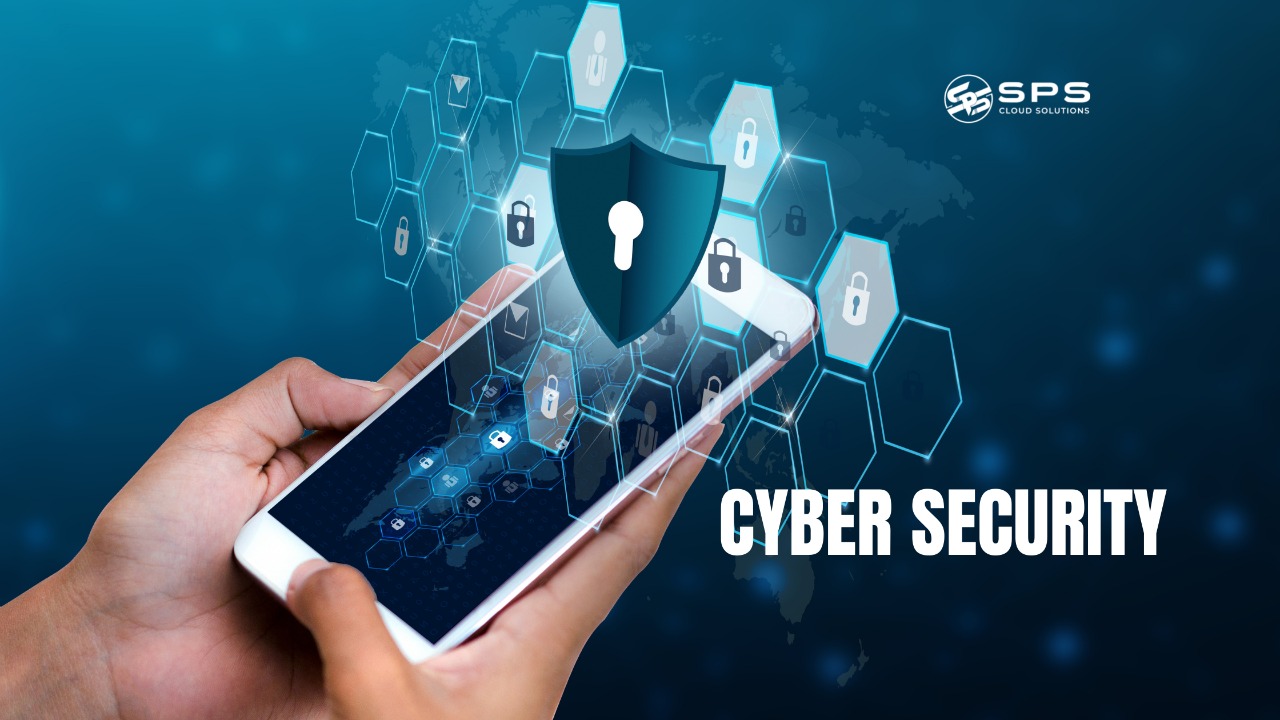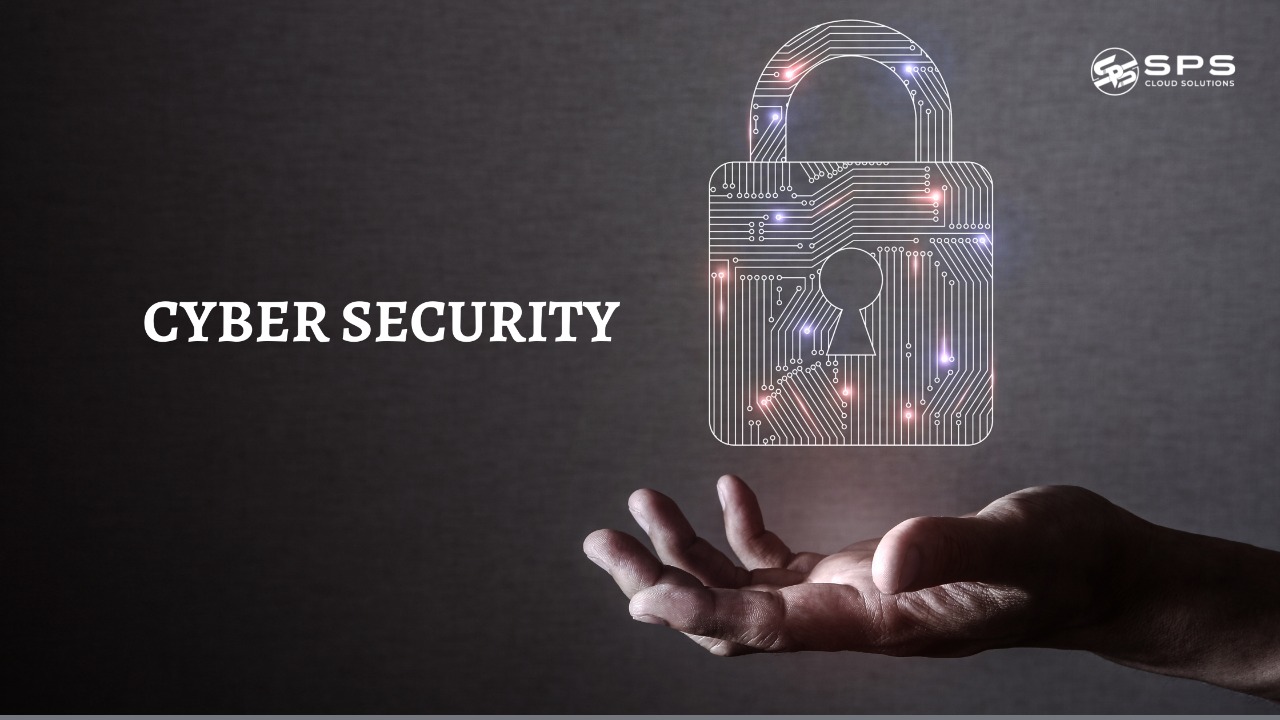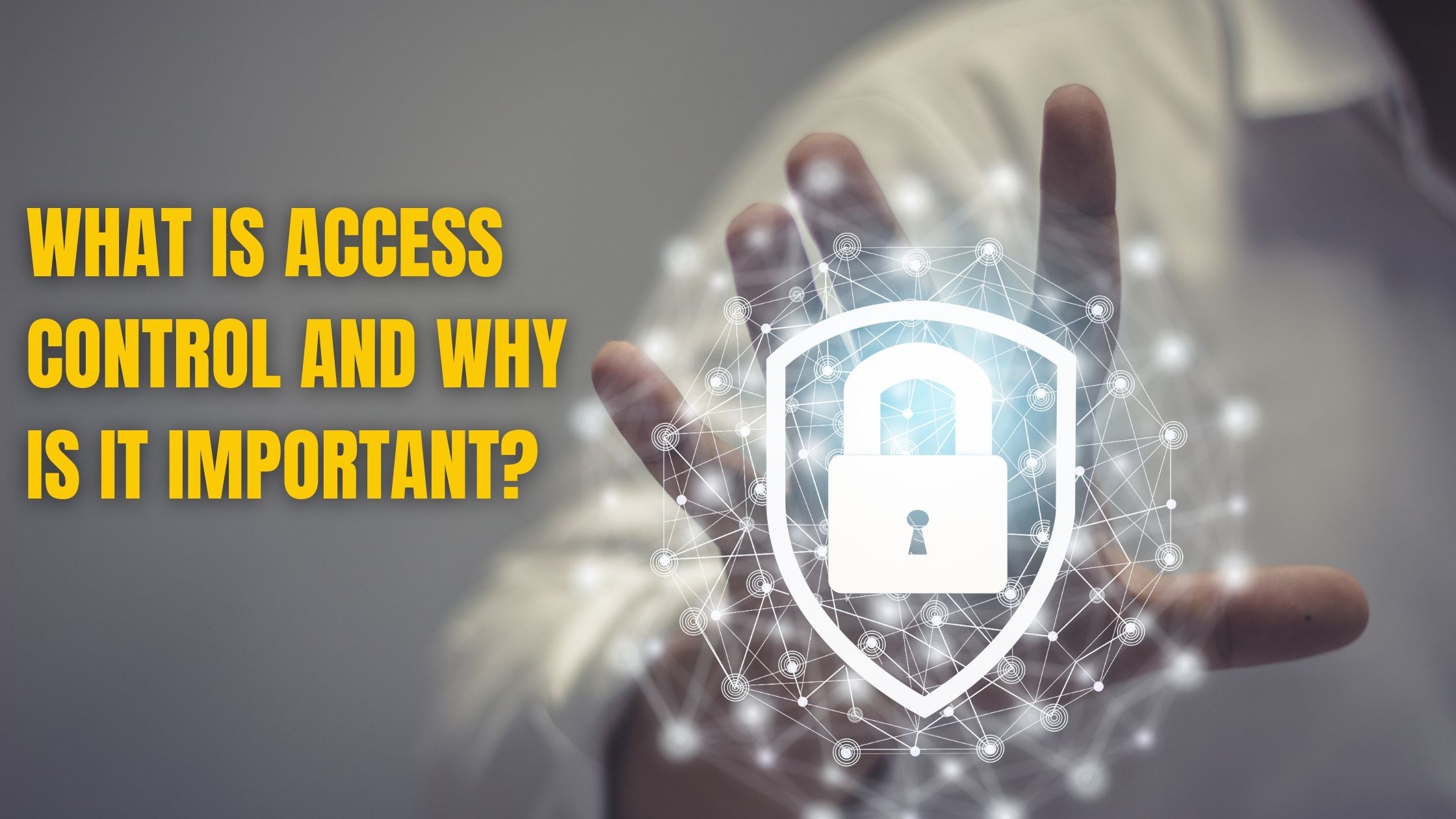Cyber attacks are no laughing matter, and they appear to be occurring more frequently and with more impact on enterprises.
Consider CryptoLocker, a ransomware virus that effectively shuts down your business by encrypting data and keeping it captive until you pay the promised ransom.
Worse, the WannaCry virus encrypts your data and then spreads it over your local network using computer worms, akin to CryptoLocker.
Isn’t that terrifying? We agree with you.
That’s why we’ve put together this list to give you the tools you need to defend yourself against these types of attacks.
- Patch management can help you fix vulnerabilities.
- Antivirus can detect dangerous activity in real-time.
- Make a contingency plan.
- Make sure your passwords are strong and unique.
- Educate and teach your employees to protect your company.
Patch management can help you fix vulnerabilities.
Updates for the software you use on your computer are released by vendors such as Microsoft and Adobe. These patches frequently include new features, bug fixes, and security updates that address known security flaws.
Patches for security vulnerabilities are very crucial when it comes to protecting your computers, servers, and network. We run the danger of hackers using known security flaws to get access to our systems and networks if we don’t apply these upgrades.

SPS cyber security guarantees that you are always up to date on the newest upgrades and that you install them on time. We can also assist with prioritisation, determining which patches are ideal for specific systems, and performing the necessary testing.
Antivirus can detect dangerous activity in real-time.
Antivirus software is one of the most fundamental forms of security defence, but it doesn’t make it any less important.
When it comes to securing your computers and network, having an antivirus application installed on your computer is a critical proactive action you should take.
Update your antivirus software on a regular basis.
Every day, security organizations detect new threats, and hackers work just as hard to find ways to get around anti-virus software. This cat-and-mouse game will never end, so you must keep updating on a daily basis!
Make sure you have antivirus software installed on all of your machines.
AV should be installed on every workstation and server on your network. Any machine on the network that does not have antivirus software installed becomes the weakest link, allowing undesirable infections to readily join the network.
Make a contingency plan.
It’s critical to have a backup plan in case everything else fails, so you should back up all of your company’s data.
It’s critical to ask yourself the following questions while you set up your backups:
Is it necessary for me to back up on a regular basis?
To answer this, consider how far back in time you would be comfortable restoring if you lost everything right now and had to restore from a backup.
For example, if it’s 4 p.m. and I’ve just lost everything, is my company comfortable restoring from a backup taken the night before, which means losing everything I did today? Is it better to go back to an hour ago? Is it simply unacceptably inconvenient to lose anything at all?
The more time you have, the more expensive the solution becomes. As a result, it’s critical to ask yourself the question and then seek professional advice to make the best “cost vs benefit” option for your company.
How long will my company be able to function without its data?
Restoring data can take a long time depending on how much data you need to recover. It’s crucial to consider how long your company can run without its data.
Do you have the patience to wait a day while your IT provider restores everything from backup? Is it really 4 hours? Is it necessary for it to be instantaneous?
Once again, the shorter the time period, the more costly the solution.
Make sure your passwords are strong and unique.
With the rise of security and data breaches, creating strong passwords for our user accounts has become a top issue. Although good passwords won’t protect you and your company from all security flaws, they are one of the most critical parts of security and the first line of defence.
However, as humans, remembering unique and strong passwords is tough. We frequently oversimplify passwords, make references to topics we already know, or reuse passwords many times. All of these things weaken our passwords and expose our accounts to hackers.
As a result, we suggest using a password manager like Lastpass, Keepass, or Dashlane.
These applications are beneficial because they:
- Keep all of your passwords in one place.
- You only need to remember one password.
- You may quickly access them through your web browser.
- Allow additional devices to access your passwords.
Using a password manager allows you to create unique passwords on the fly and keep protected while just remembering one password.
Educate and teach your employees to protect your company.
People are the most prevalent and successful technique for attackers to get access to your computer or networks. It is critical to educate employees on the fundamentals they need to know in order to defend themselves and the organization from security threats.
Because people are the weakest link in any organisation, training employees is a primary priority.
The following are some significant topics on which employees should be educated:
- The most common sorts of assaults, such as how hackers try to deceive you.
- When sending personal information or a virus over email, be cautious.
- How to approach strange or unexpected events with skepticism.
- The expectations and procedures for what they should do in the event of a suspicious situation.
You should set your own security practices and rules as a firm, such as an internet browsing guidelines.
We’d also recommend limiting permissions for specific employees based on their job functions. Taking a cautious approach like this may ensure that if an account is hacked, the hacker will be unable to access crucial information.
Putting it all together…
As you can see, defending your company against cyber-attacks is no easy feat.
As hackers and other bad actors become more sophisticated in their attempts to gain access to and harm our organisations, we must safeguard ourselves with a thorough defence strategy.
To provide you peace of mind, we recommend that you investigate and invest in the five important areas outlined above.





